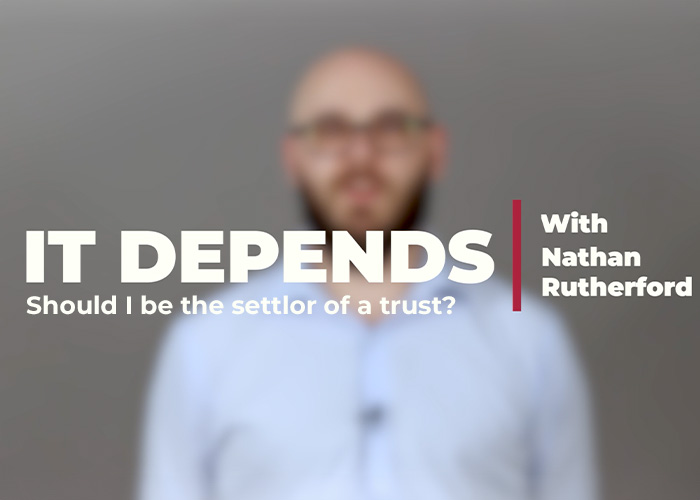NFTs have become increasingly popular in Australia in recent years. Despite this heightened interest, the intellectual property law issues concerning NFTs remain largely untested.
This alert explores what NFTs are and the intellectual property issues raised by them. It is essential reading for anyone dealing with NFTs, including creators, buyers and sellers.
What is an NFT?
An NFT is a unique digital certificate of a digital asset. In contrast to other digital assets, such as cryptocurrencies, NFTs are indivisible.
NFTs are created using smart contracts on a blockchain. Smart contracts are digital transaction protocols that execute on the occurrence of an event. A blockchain is a secure, permanent digital ledger that records the history of transactions that occur between peers in the network.
NFTs differ from cryptocurrencies because they do not represent a store of value in and of themselves. Rather, their value derives from the rights attaching to the underlying assets. For example, NFTs can be used to digitally represent a variety of tangible and intangible assets, including music, artwork, in-game assets and collectibles.
These features give rise to a range of novel intellectual property law issues.
Intellectual property law implications
It is critical that NFT buyers understand the difference between owning an NFT and owning the underlying asset and the copyright attaching to the asset.
The intellectual property rights that an NFT buyer acquires will depend on the smart contract. These terms usually grant buyers a non-exclusive licence to use the NFT for non-commercial purposes. Unless otherwise agreed, the original copyright owner will continue to own the copyright in the underlying asset. This means that they can continue to commercialise the underlying asset, including by producing additional NFTs.
There are a number of digital marketplaces that facilitate the listing, buying and selling of NFTs. The terms of use governing these marketplaces may also impose additional restrictions on the rights NFT buyers receive.
Anyone looking to buy an NFT should conduct a thorough due diligence process to ascertain the rights associated with the NFT. Among other things, this process should include a review of any smart contract and marketplace terms of use.
Key takeaways
The exponential growth of NFTs and lack of direct regulation in this market has given rise to significant intellectual property law issues.
If you would like any assistance to better understand the legal rights associated with your NFTs, please contact our corporate advisory team.
Please note that this is a developing area of law and these legal considerations are by no means exhaustive.






